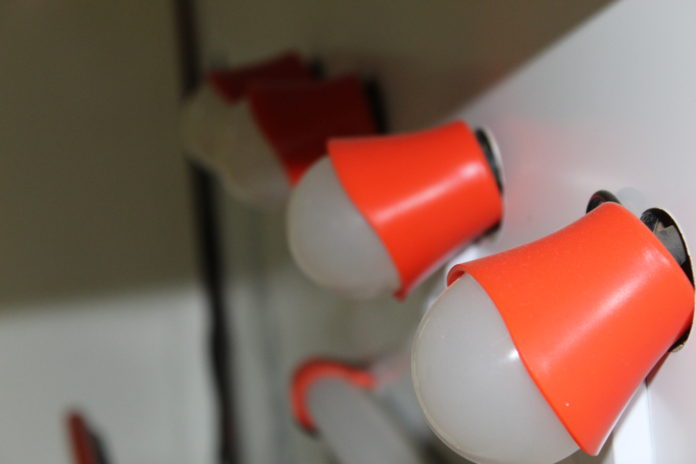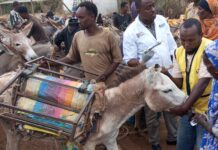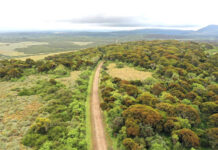By Mary Mwendwa
Maasai Mara, Narok Town: Ann Nguruna, a 38-year-old mother of 6 has been using solar products for a while now. She uses solar for home-based activities like lighting and irrigation of a small women’s group farm where they conduct kitchen farming.
But, Nguruna has one major problem with the solar products she gets. They do not last long and have nowhere or anyone to trace for repairs.
Maasai Mara National Reserve is one of Kenya’s famous protected areas where the wildebeest migration is rated among the wonders of the world. Here, part of the Kenyan Maasai community who are pastoralists calls home.
Nguruna is one of them, she has lived here since she was born.
Villages are dotted with Manyattas, temporary houses made of dung mixed with mud. Most of the community is not connected to the grid and therefore they have no access to electricity.
Renewable energy especially solar remains their best and most available option.
“ I buy my solar products at our nearby market here at Talek, at times from hawkers during market days. A major problem I encounter is how to get repairs from the companies that manufacture them. I have many spoilt solar gadgets in my house which I do not know where to dump. At times I just throw them away in the field for children to play with.” Nguruna narrates.
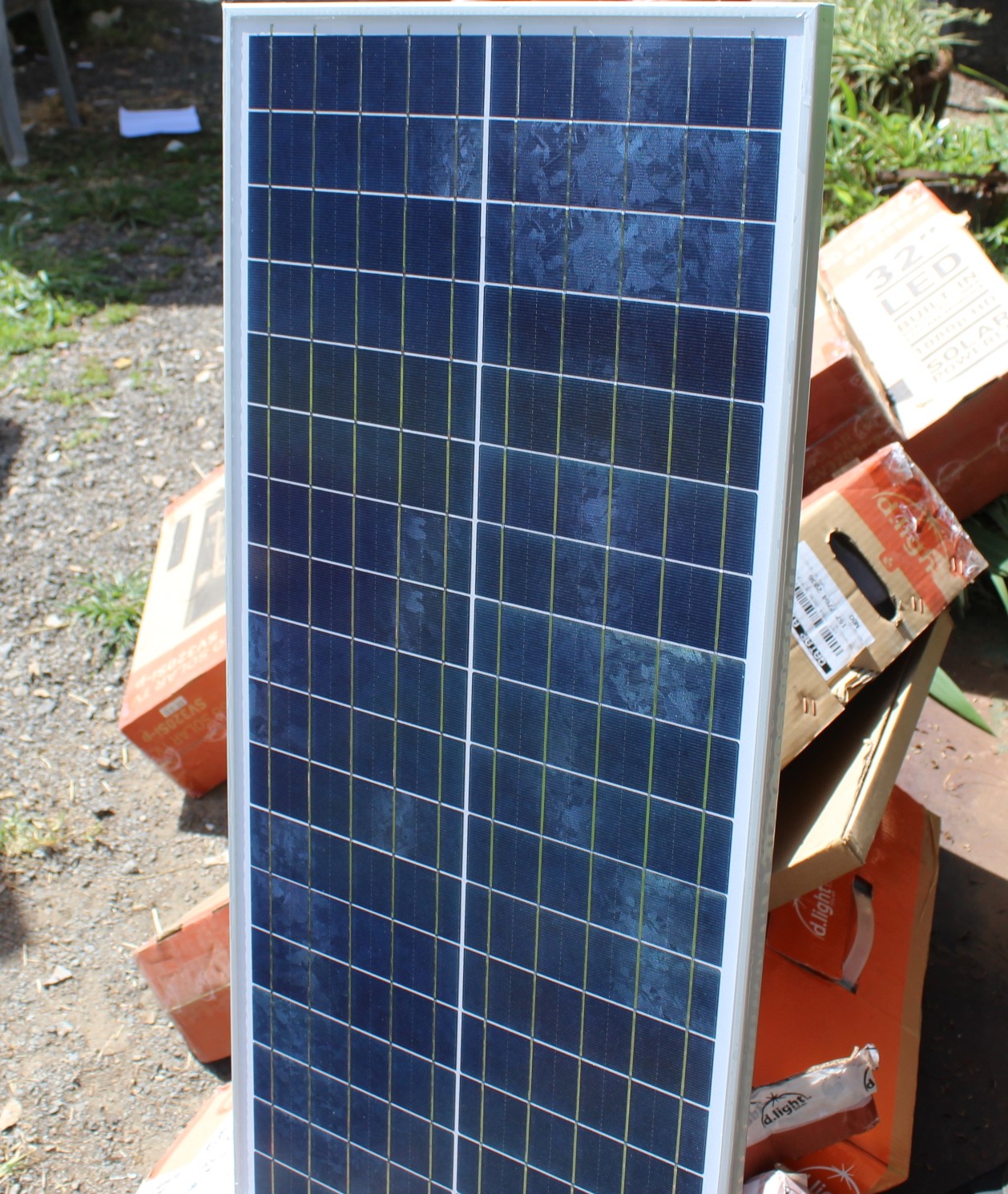
Similarly, her neighbor and a member of the same women group where Nguruna belongs, Esther Dapash is facing the same tribulations about solar appliances.” I do not have access to electricity in my home, therefore I depend on solar lighting for my lighting and also the Television. My major problem is that the panels do not serve me for long, they get spoilt for often and even the lamps do not stay for long. I have nowhere to take them once they get spoiled.”
Dapash reveals that one day she took a spoiled solar panel to the nearby shop where she bought it, and she was turned away. “ The shopkeeper told me it is not his responsibility to deal with spoiled panels and he had no clue where the company was located, all he knew was the panel was imported and he bought from some brokers in Nairobi.”
Studies reveal that when e-waste is exposed to heat, toxic chemicals are released into the air damaging the atmosphere hence leading to global warming, this is one of the biggest environmental impacts of e-waste. These toxic materials can then seep into the groundwater, affecting both land and sea animals.
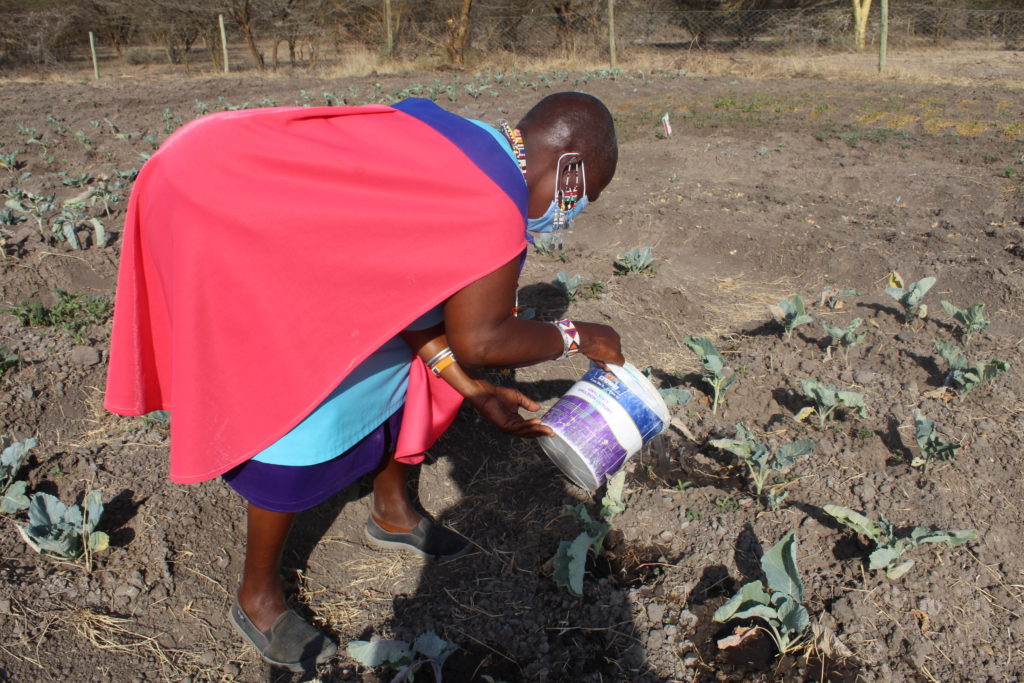
The main legislation guiding e-waste management in Kenya is the Environmental Management and Coordination Act 1999 (Revised 2015) and the Waste Management Regulations (2006). These laws prohibit the handling, transportation, and disposal of waste without valid licenses issued by the National Management Authority (NEMA).
Similarly, Kenya banned the importation of second-hand electronic gadgets into the country from January 2020 to protect them from being used as an e-waste dumpsite. The ban mostly affected electronic gadgets, old computers, and laptops by donors and multinationals to schools and other institutions in the country.
However, solar-related E-waste is now a growing concern because of weak control on imports.
Wilson Wambugu, after-sales infrastructure Manager for Africa at d.light, a company that deals in solar home systems says that under solar E-waste they have been in the lead.
” We coordinate all efforts across Africa for the E-waste and complaints as well.”
Handling of Solar E-waste
“ What we basically do is that we offer after-sale service to our customers and from time to time the product will either go to the end of life if not the product will become effective at the point of use.”
He says that they do encourage their customers to bring back the products and after they are brought, they dismantle, and check anything that can be re-used, and if there is nothing to be re-used they put the product together and send it to the E-waste center.
“ Also on repairs, we also take the E-waste to vendors who have companies, right now we are working with WEEE, an E-waste processing company.” Says Wambugu.
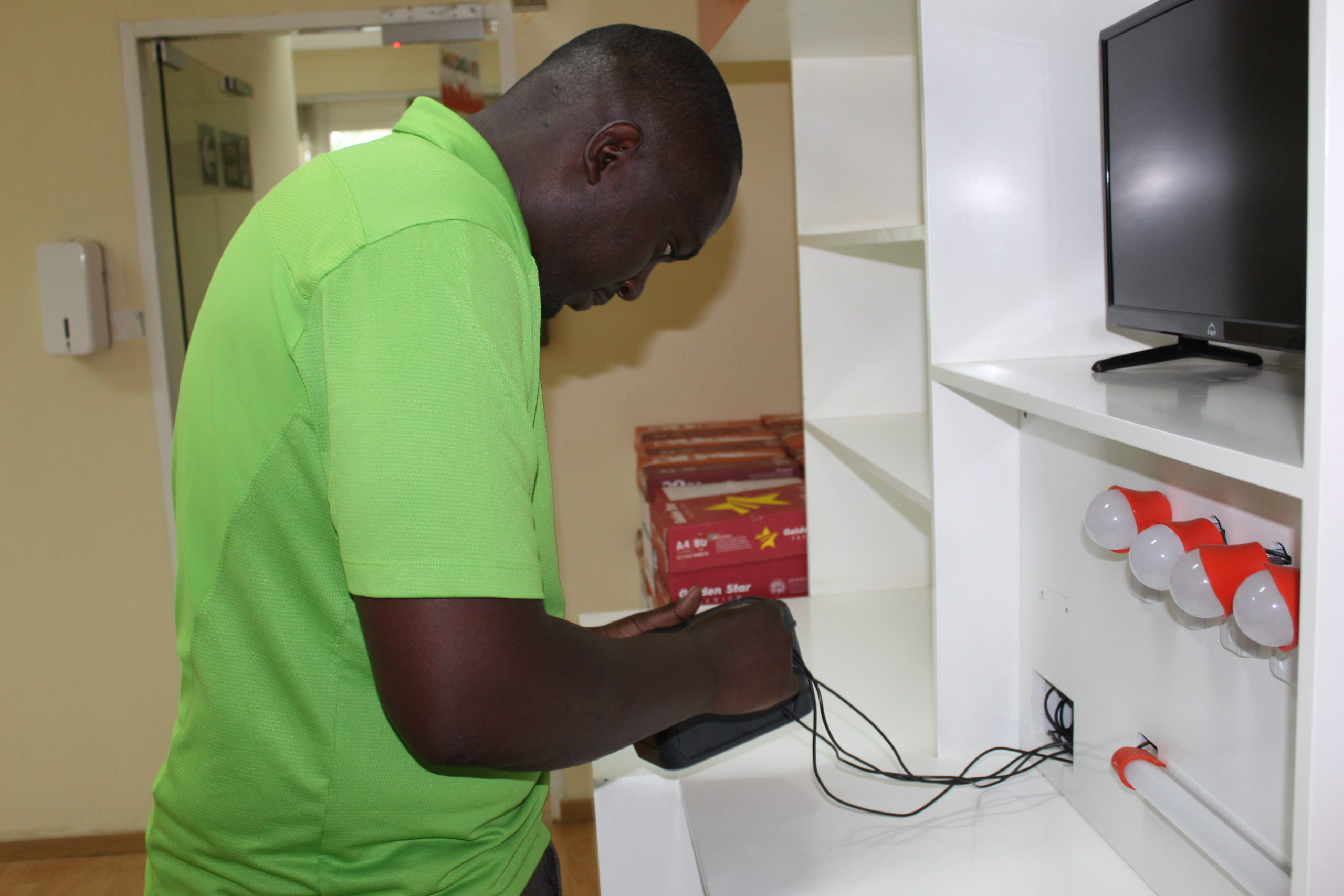
They sort the E-waste into aluminum strips, circuit boards, solar panels, electric wires, and lithium batteries. All these materials are sorted out by the time they are sent to the vendor who only charges for the E-waste because plastic is usually re-used.
When it comes to lithium batteries, they have a company that they are working with which handles the batteries.
Wambugu says that solar – waste is generated firstly because of the poor quality of products in the market. Secondly, Customer use, which is another challenge, when the customer is not careful in the handling of the product and in the event the product accidentally gets damaged due to natural factors for example lighting.
Policy on E-waste management
Wambugu further notes that E-waste operations from a business perspective are really driven by government policies.
“ I know the agencies that the government of Kenya uses for E-waste control are working but the strategy behind it is what needs improvement.”
Wambugu notes with concern how some companies bring solar products into the market and they do not offer any after-sales service to help in E-waste management.
He points out how customers are duped into buying products that have entered the market through corrupt ways and have not paid taxes. The products will always be cheaper but no after-sales service to customers. This is where a huge chunk of E-waste is generated.
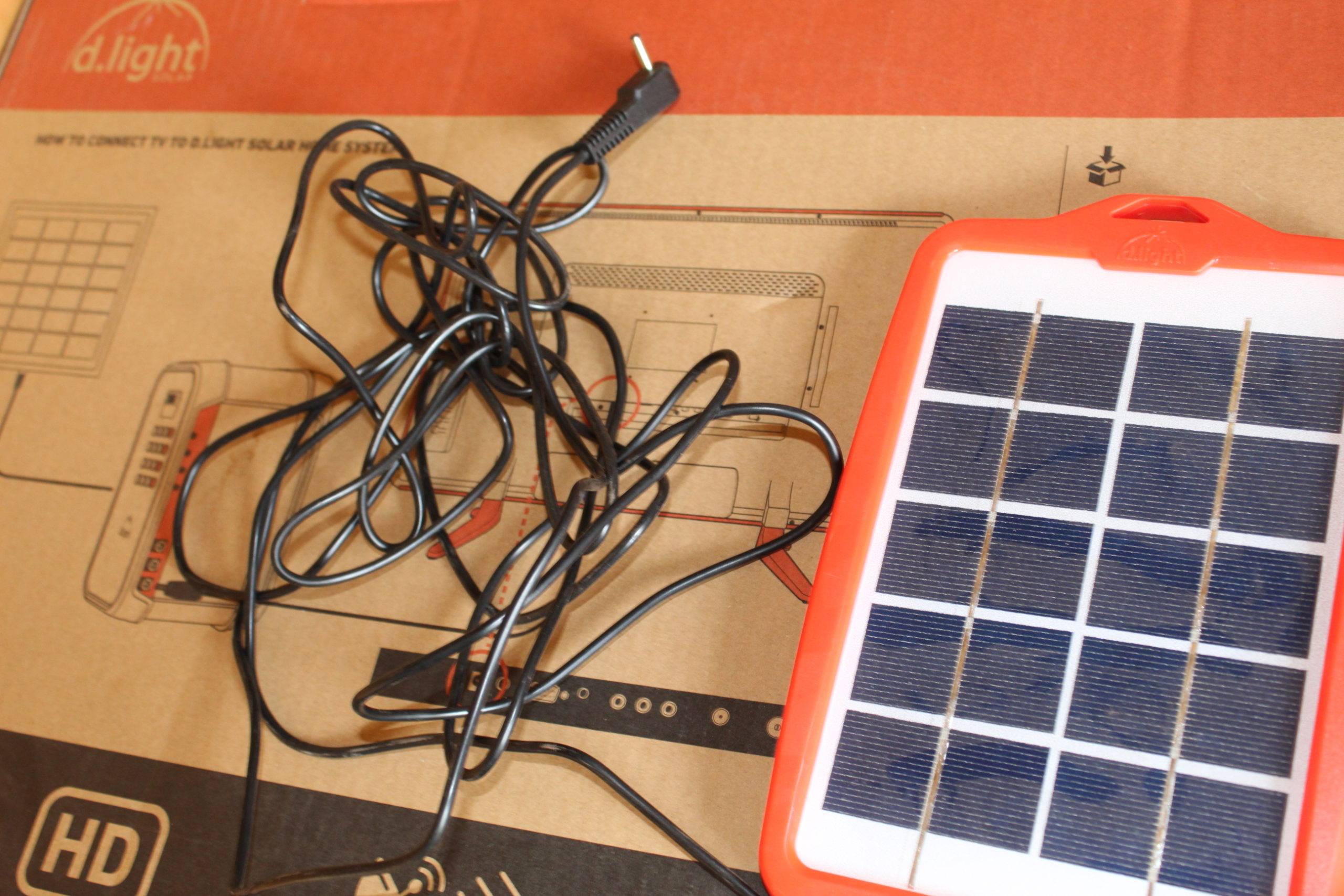
“ Without circular economy on E-waste, these products end up messing the environment Collecting E-waste comes with a cost and the government maybe should consider giving some level of exceptions to companies offering after-sale services on E-waste as a motivating factor.”
Wambugu confirms that Kenya is currently doing well in the region in regard to E-waste management because of the emphasis they have put on E-waste processing.
“ There is no regional policy from the East Africa Community(EAC) on E-waste, Countries handle the E-waste matter on their own,” Wambugu notes.
“ E-waste has a future, it is already happening, problems create opportunities.”

